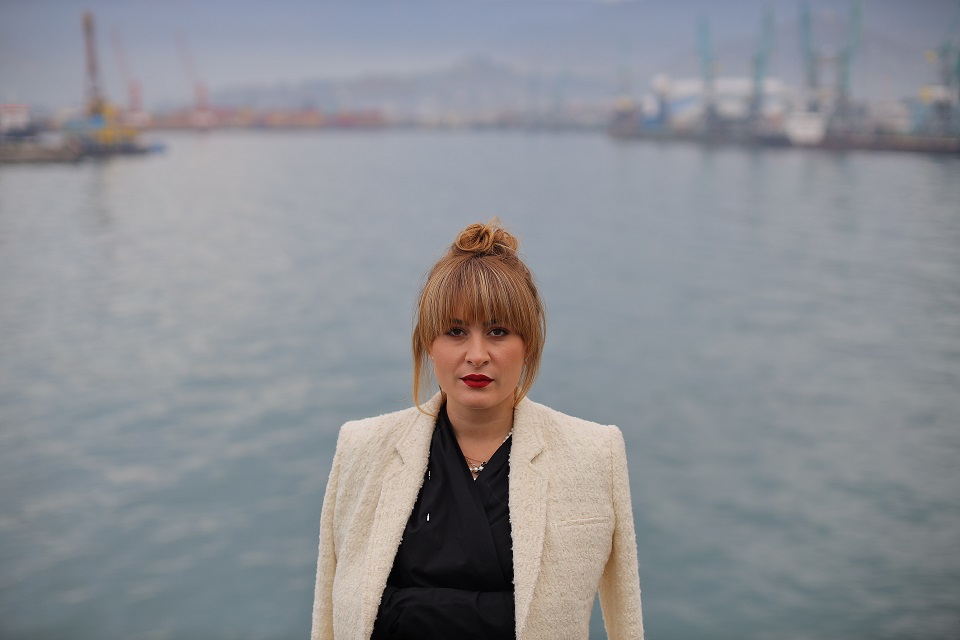In the words of Tamar Ioseliani: “Women are empowering the maritime industry”
Date:

It has been 10 years since Tamar Ioseliani started working in the maritime industry - a sector globally dominated by men. She became head of the Maritime Transport Agency in 2018, and with this experience, she not only defies gender stereotypes but also actively promotes the participation of women in the industry.
The Maritime Transport Agency is a partner of UN Women. This partnership began in 2018 with the Memorandum to Support Women’s Education and Employment in the Maritime Industry, with the support of the Norwegian Government. In accordance with the document, many initiatives have been carried out at the Agency to promote gender equality.
![]()
I was 22 years old when I linked my career to the Maritime Transport Agency and moved to Batumi. My family advised me not to take on so much responsibility and to choose a job in Tbilisi. I was also told that I would not be able to adjust and would quit, but I am still here 10 years later.
I am convinced every day that I made the right decision back then: the maritime industry is a very interesting field with great potential, offering huge opportunities for development. It seems like a closed and conservative industry, but it is also very freeing. I also like the fact that through my work, I can undermine prejudices about women in the maritime industry, going beyond stereotypes.
Unfortunately, there is an attitude that women and the sea are incompatible. I have experienced this attitude myself, especially when first starting out but even after I became head of the Agency.
It is difficult when people do not believe in your abilities just because of your gender. They create unequal conditions around you, decline to give you important tasks or doubt the success you have achieved. Such a prejudicial attitude results in low self-confidence among women, which demotivates them. This is probably why men make up 98 per cent of employees in this industry.
Of course, the reality has been changing for the better over the years. The number of women is increasing, and their professionalism does not fall short of men’s. Positive changes are also influenced by global and local attitudes, which are much healthier today. The attitudes of male seafarers, especially younger ones, are also improving. I think these factors will lead to significant trends in terms of gender equality in the future.
Unfortunately, there is only a handful of women in leadership positions in the maritime sector in the world. It is my great honour to be among them and to contribute not only to the industry’s development but also to women’s enhanced participation. So far, there are only two female seafarers in Georgia, with the third just starting out, but there are already women at the Agency whose professionalism and tireless work is unlocking the potential that the sea can bring to our country.Women are empowering the maritime industry, so promoting gender equality is one of our priorities. To do so, I think we first need education and awareness-raising not only on stereotypes but also to promote the entire maritime field and its potential, directed especially to school-age girls considering their career options.
It takes coordinated action to achieve this goal, so we work closely with universities, schools, NGOs and international organizations. We also established the ‘Women’s International Shipping and Trading Association - Georgia’ in 2016 and co-authored a document of the Gender Equality Network of the International Maritime Organization. Since 2018, in partnership with UN Women, we have laid the foundation for a number of good initiatives by conducting a gender audit and developing an action plan based on its results. We have also started to work on introducing a tool against sexual harassment and started training girls and women in maritime professions, among other activities. However, to me, the most important result is that the Maritime Transport Strategy document, now being developed for the first time in Georgia, will also envisage support for strengthening the role of women in the maritime sector. This will mainstream the process into the system, which will definitely promote women’s participation.”